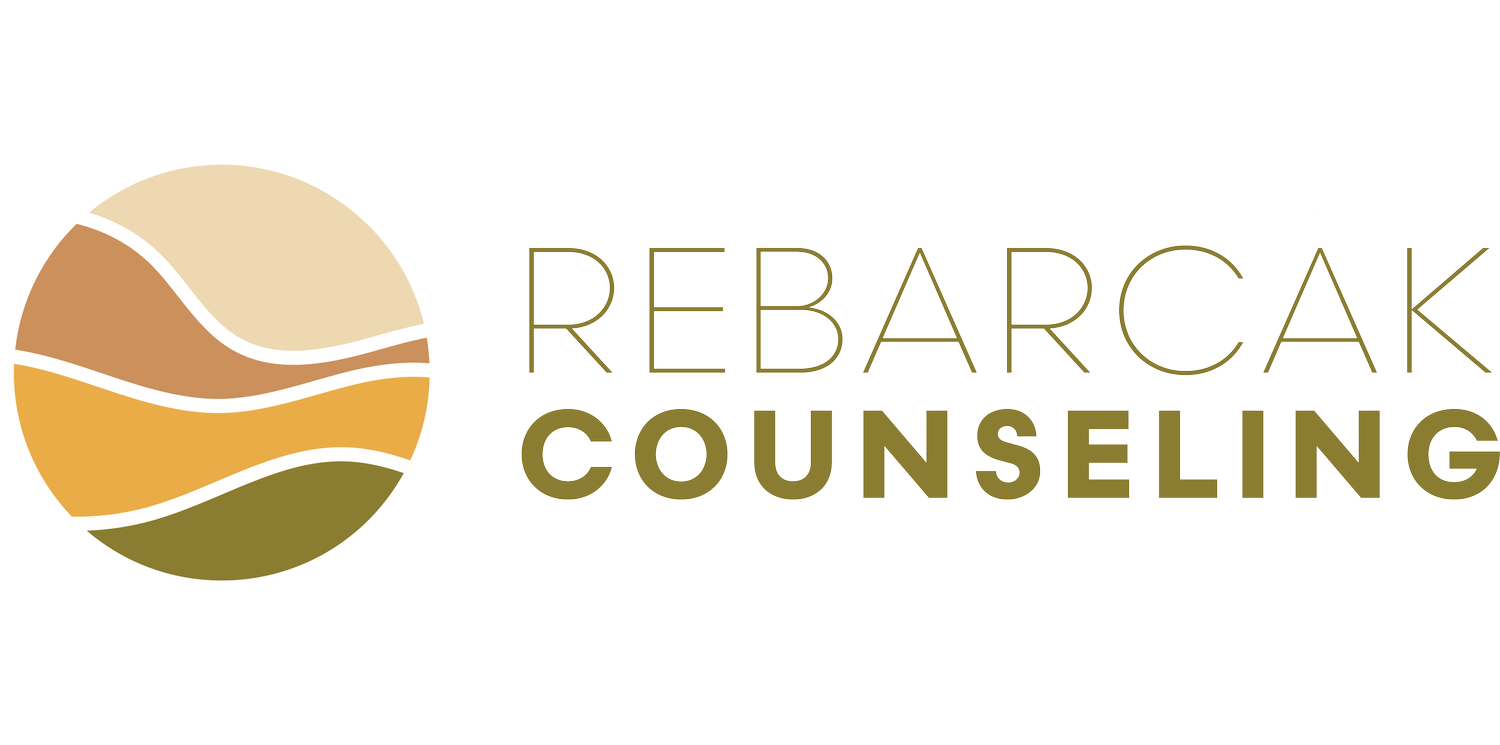Anxiety Disorders (Panic Disorder, Specific Phobias, Illness Anxiety Disorder/Health Anxiety, Generalized Anxiety Disorder, Agoraphobia)
Obsessive Compulsive Disorder (OCD)
Major Depressive Disorder
Relationship Issues
Life Stress/Transitions
Eating Disorders
What I Treat:
I have experience working with individuals with a wide range of mental health concerns and diagnoses not listed above, if you are struggling with specific concerns outside of what’s listed, please
contact me to ask any questions that you might have to see if we might be a good fit.
Treatments I Provide:
-
Cognitive Behavioral Therapy (CBT) is one of the most well-researched and evidence-based forms of psychotherapy. It has been rigorously studied for decades and consistently shown to be effective for a wide range of mental health conditions, including anxiety, depression, OCD, and eating disorders. CBT focuses on the connection between thoughts, feelings, and behaviors, helping individuals identify and shift unhelpful patterns that contribute to emotional distress. It is a structured, goal-oriented approach that provides practical tools clients can use both in and outside of therapy.
-
Exposure and Response Prevention (ERP) is a highly effective, evidence-based treatment for Obsessive-Compulsive Disorder (OCD). It involves gradually and safely exposing individuals to the thoughts, images, or situations that trigger their anxiety (the "exposure") while helping them resist the urge to engage in compulsive behaviors (the "response prevention"). Over time, ERP helps reduce the power of obsessions and compulsions, allowing individuals to regain a sense of control and live more freely. ERP is considered the gold-standard treatment for OCD and has strong research support.
-
Acceptance and Commitment Therapy (ACT) is an evidence-based approach that helps people develop psychological flexibility—the ability to be present, open, and engaged in their lives, even when facing difficult thoughts or emotions. Instead of trying to eliminate uncomfortable feelings, ACT teaches people to accept them, while committing to actions that align with their values. It combines mindfulness strategies with behavior change techniques and is effective for a range of issues, including anxiety, depression, OCD, and chronic stress.
-
Motivational Interviewing (MI) and coaching are supportive approaches that help people make meaningful changes in their lives. MI is a collaborative, conversational method that helps individuals explore their own motivations and resolve ambivalence about change. Rather than giving advice, it focuses on listening deeply, asking thoughtful questions, and helping people connect with their own goals and values. Both MI and coaching offer structured support to help individuals set and achieve personal goals related to wellness, behavior change, or life transitions. Together, these approaches can empower individuals to move forward with clarity, confidence, and a stronger sense of direction.
Additional modalities I have been trained in include Eye Movement Desensitization and Reprocessing (EMDR) and Internal Family Systems (IFS). I incorporate a variety of evidence based therapeutic modalities into my practice and determine which methods may best suit my clients depending on their individual needs and diagnoses.
